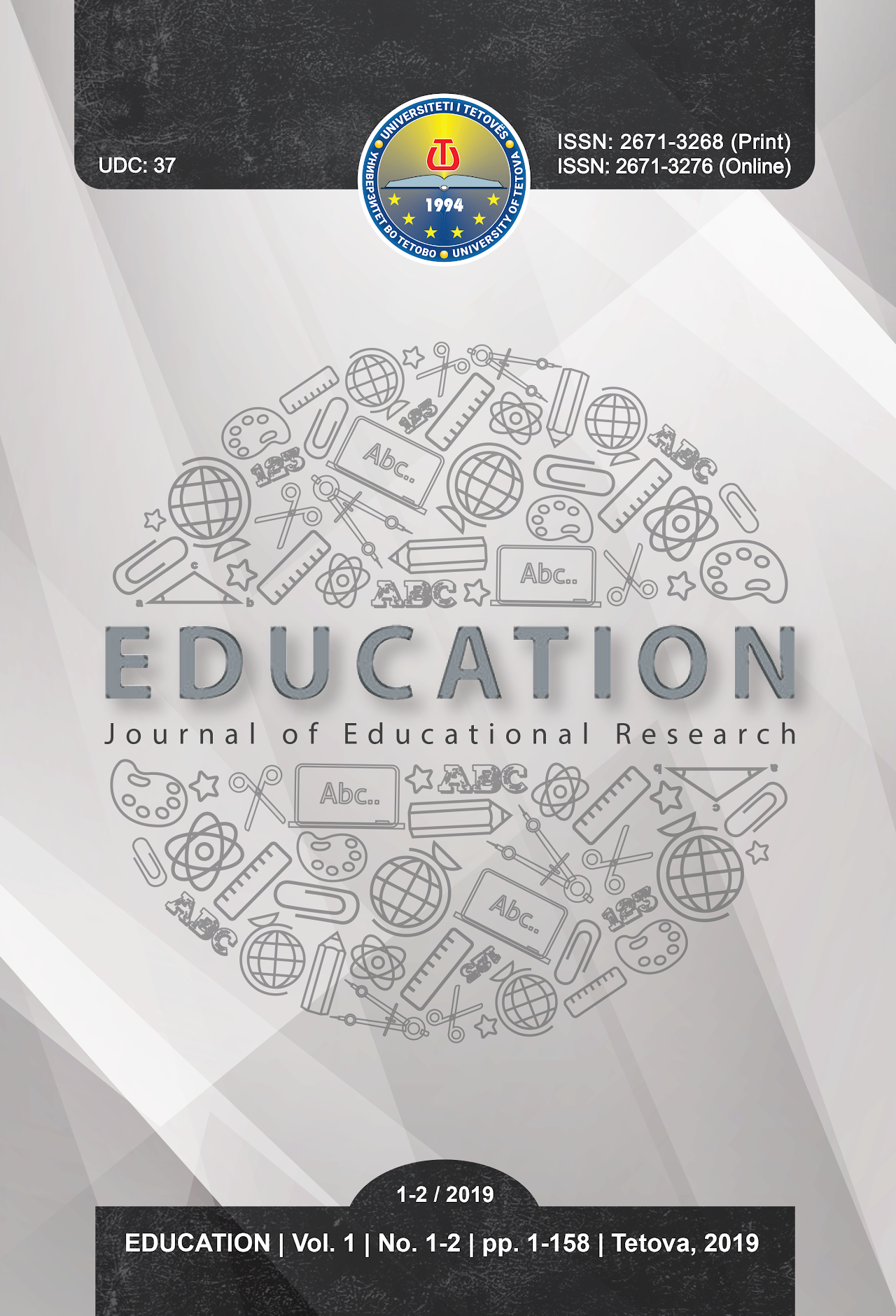THE ROLE OF PLAY AND THE AUTONOMY OF THE CHILD IN EARLY CHILDHOOD DEVELOPMENT
THE ROLE OF PLAY AND THE AUTONOMY OF THE CHILD IN EARLY CHILDHOOD DEVELOPMENT
Author(s): Tatjana Koteva-Mojsovska, Suzana Nikodinovska BancotovskaSubject(s): Social Sciences
Published by: University of Tetova
Keywords: Play (game); autonomy; life activities; early learning and development
Summary/Abstract: The child is a creative being, whose development is associated with his active role in the process of learning. He/she learns in an experiential way, relying on his/her autonomy in connecting the interests and needs, on the one side, with the challenges of the environment, on the other side. Autonomy is a reflection of holistic discourse and is an inseparable component of human development, through which, the child develops the capabilities of self-organization and self-accountability, in the process of their own development and learning. That is why the autonomy should be supported and directed in a way that is compatible with children's developmental specifics. Taking into account the specific experimental learning, the most appropriate way to support and direct the autonomy of children in the process of development and learning is the application of play. Namely, play enables the so-called "organizing of chaos" of knowledge in children and does not allow them to create non-systemic connection of facts through the learning processes. Therefore, this paper draws attention to the need of treatment of games as a methodological concept in the organized preschool education. Especially, important questions are: What is the autonomy process, why is the early child development important, what is play in a child’s development, what is used as a source of games, what is a didactic tool in the process of its organizing, how much the children use their own autonomy in their game role, where do ideas for the game derive from, and how much this process indicates the need to connect games with the life activities of children?
Journal: EDUCATION – Journal of Educational Research
- Issue Year: 1/2019
- Issue No: 1-2
- Page Range: 100-104
- Page Count: 5
- Language: English

